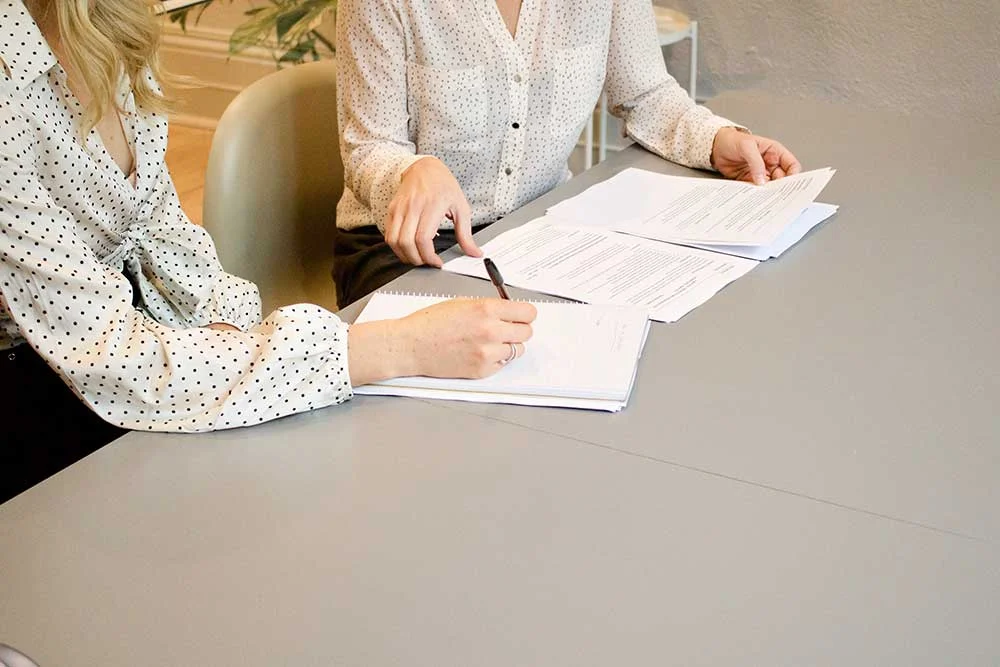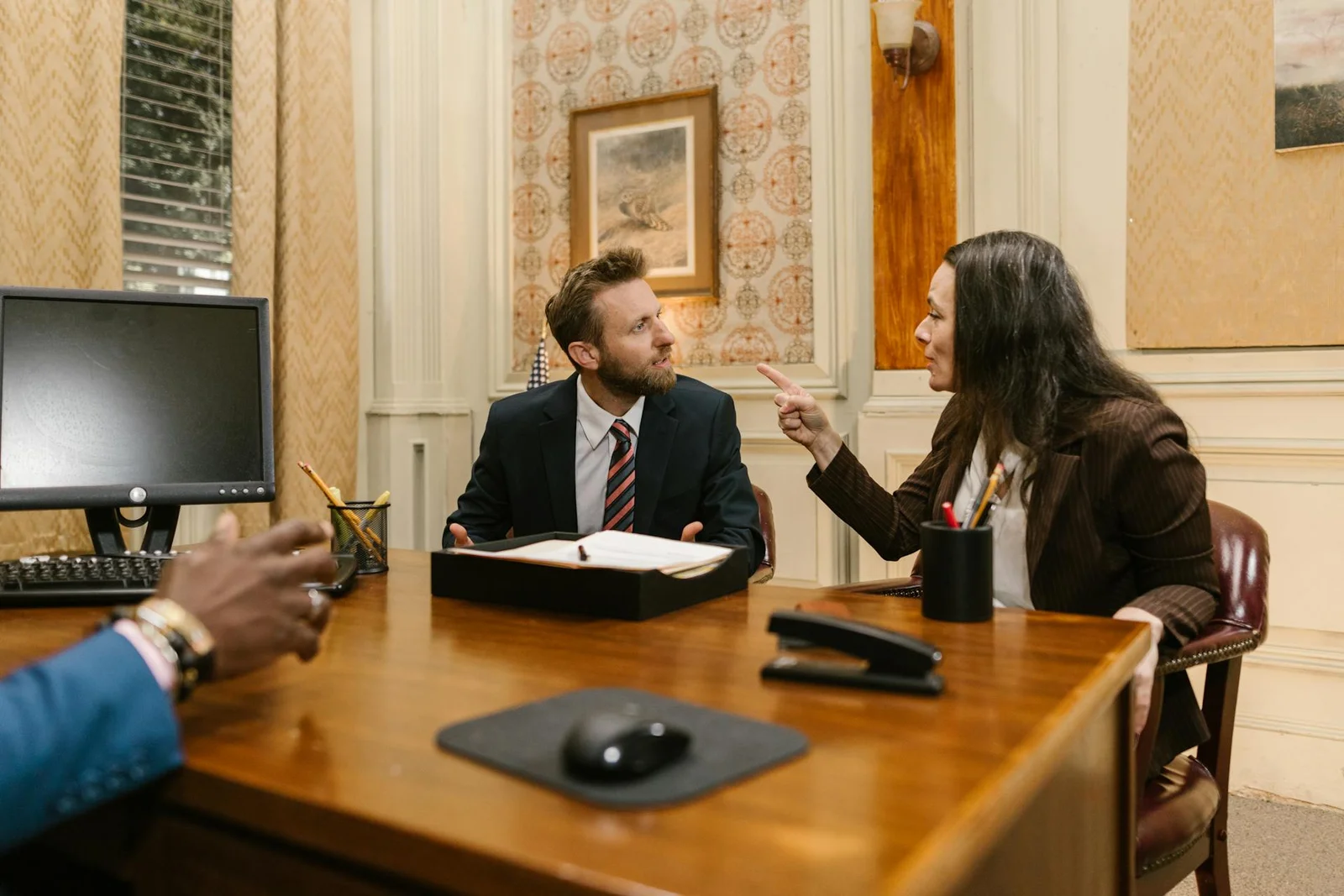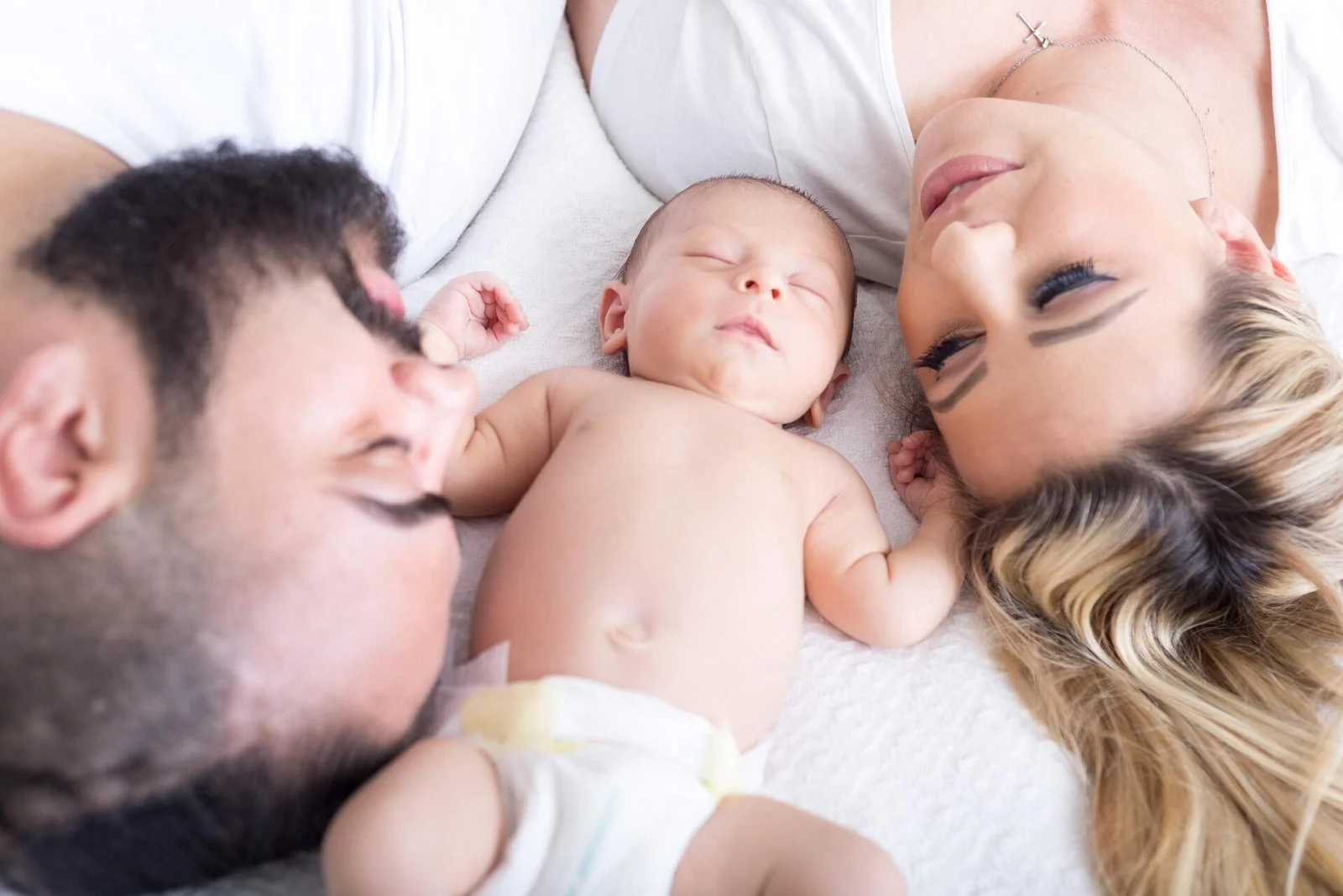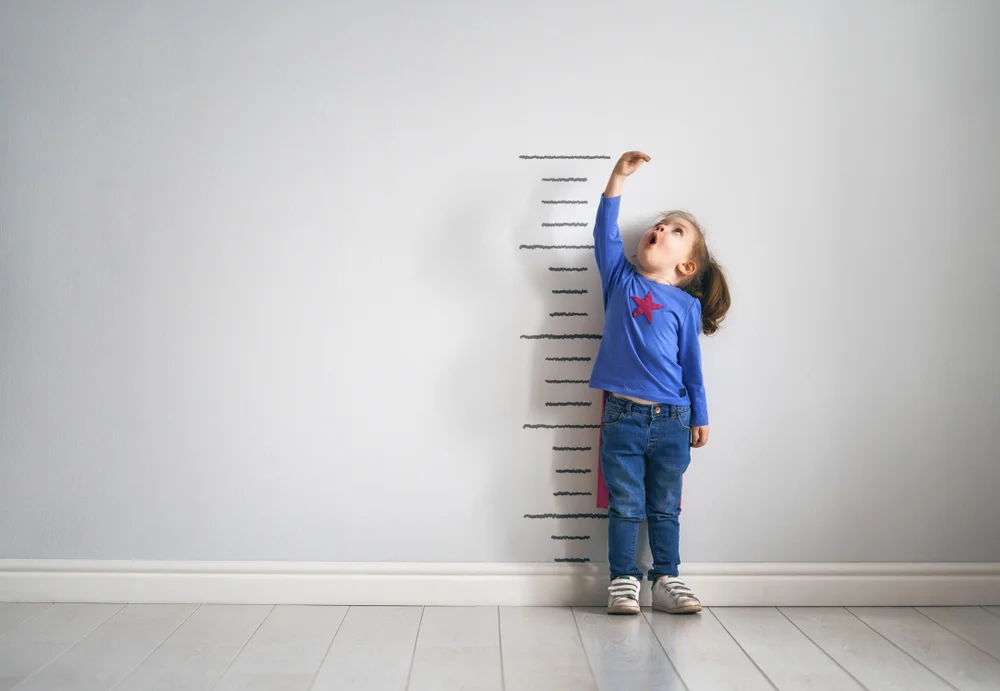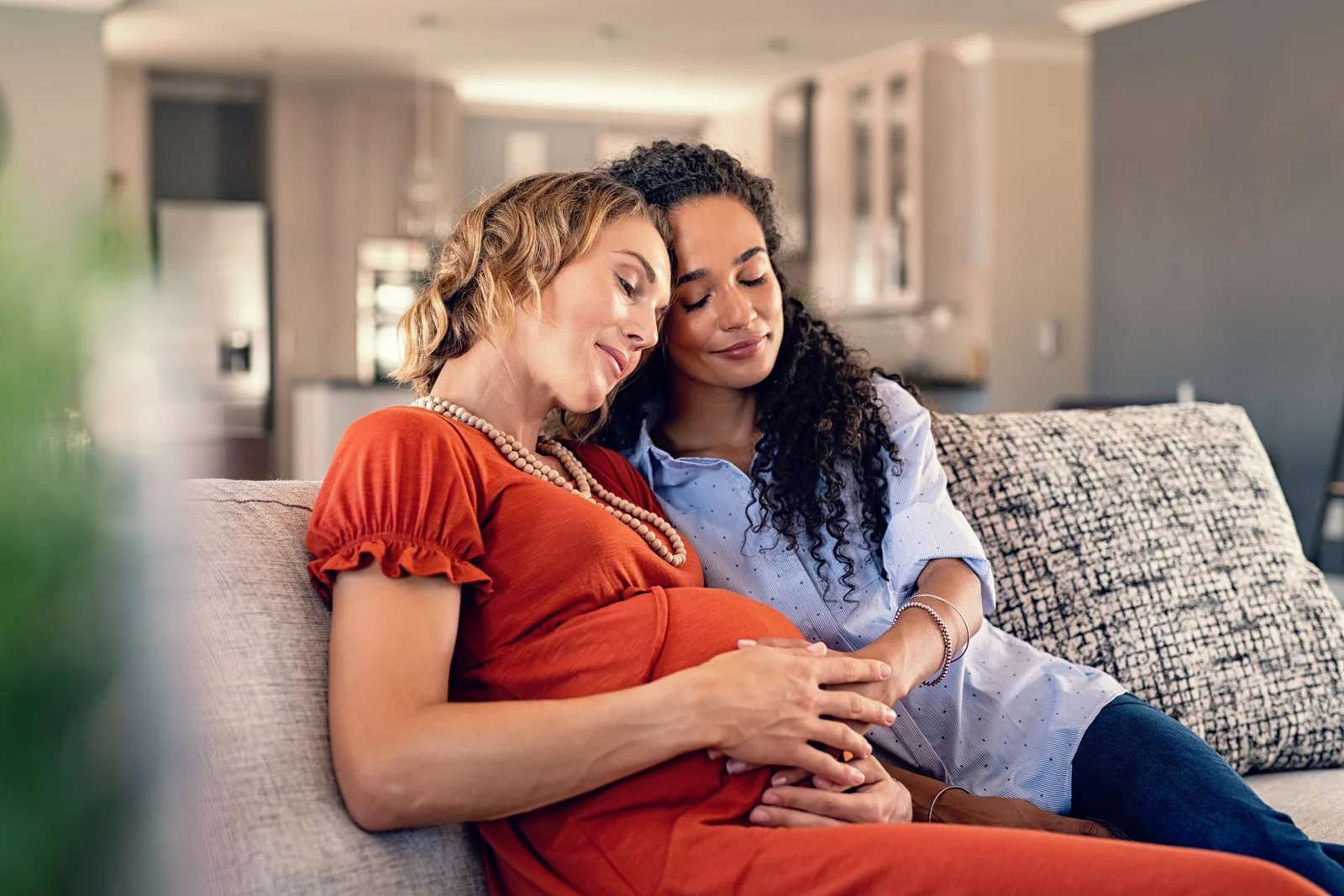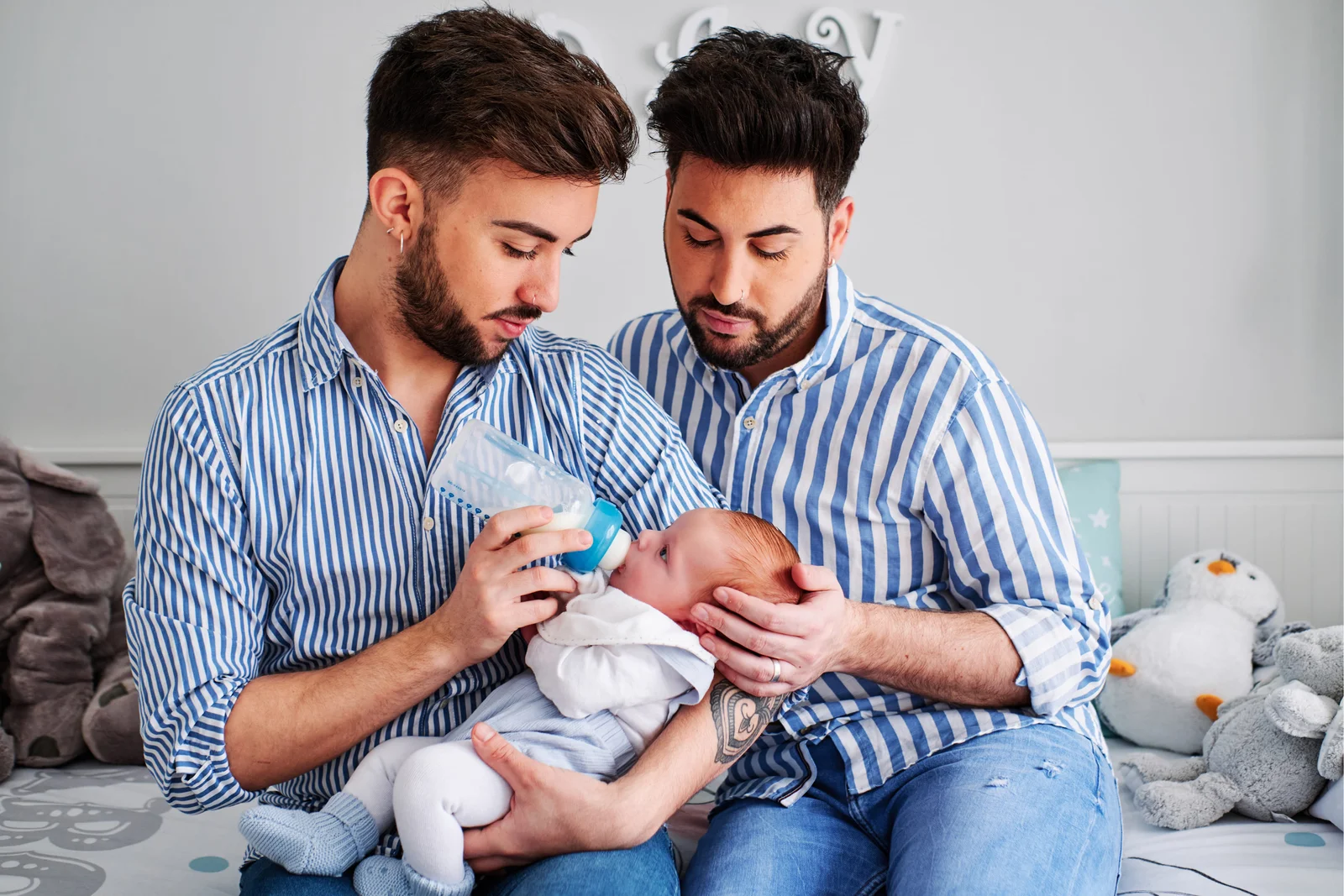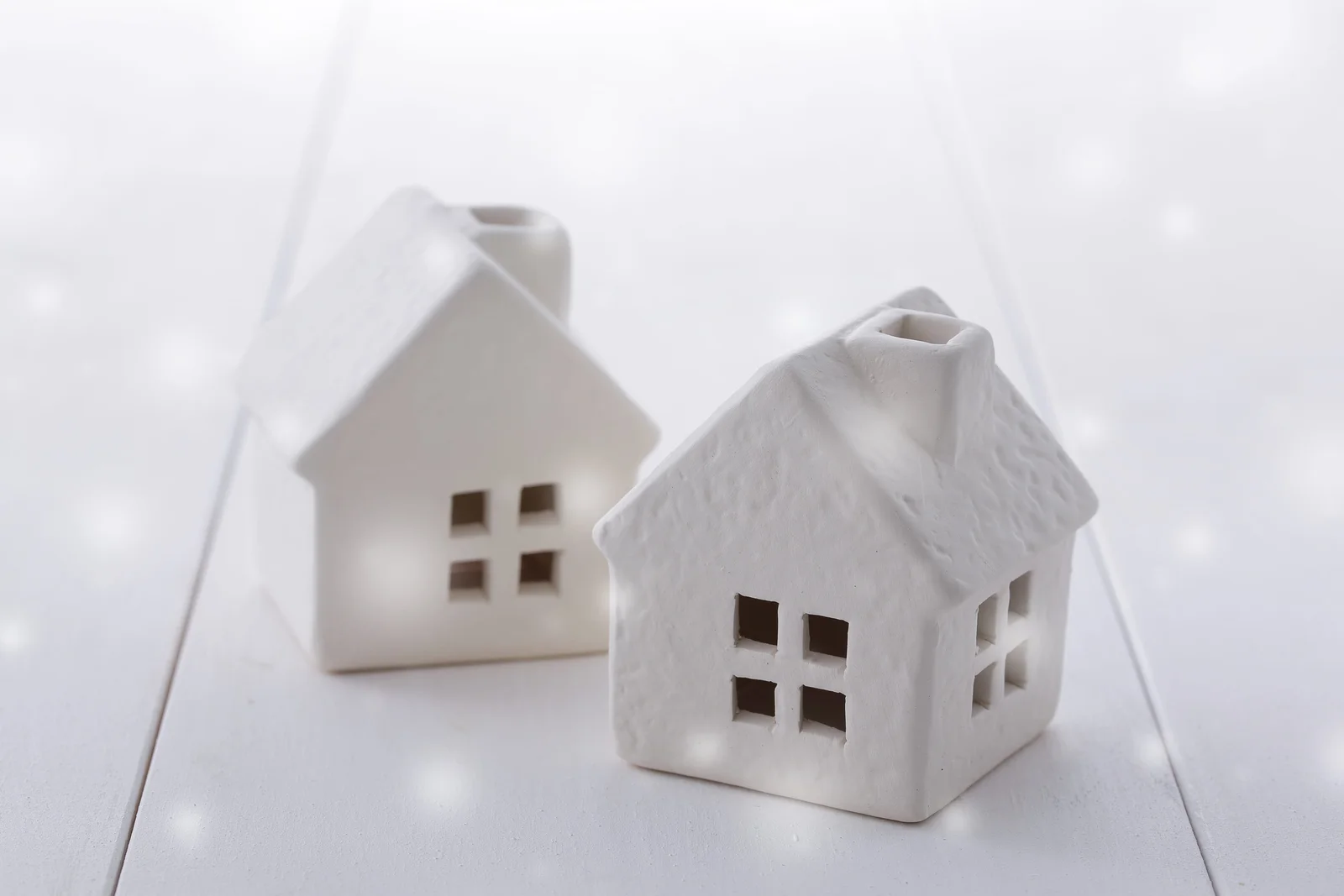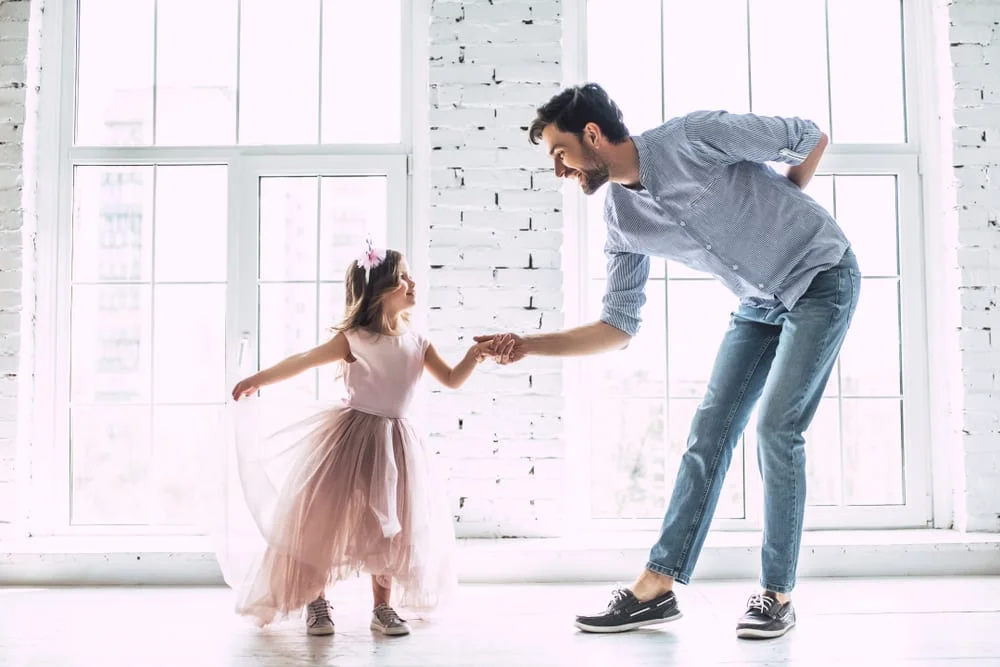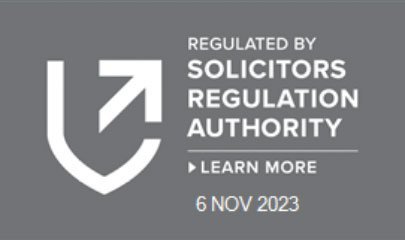Recognising domestic violence
The government defines domestic violence as “Any incident or pattern of incidents of controlling, coercive or threatening behaviour, violence or abuse between those aged 16 or over who are or have been intimate partners or family members regardless of gender or sexuality.” This covers a range of types of abuse, including:
- psychological;
- physical;
- sexual;
- financial; and
- emotional.
Abuse also encompasses controlling and coercive behaviour as well as so called ‘honour’ based violence, female genital mutilation (FGM) and forced marriage.
What to do if you experience domestic abuse or violence
When someone violates the trust in a relationship by being violent or abusive it is important to tell a trusted person. This may be another relative, a friend or even your GP. You should also seek specialist support. Organisations such as Women’s Aid, Refuge, Mens Advice Line or Galop are experienced in providing advice and support to people in this situation.
Your safety and the safety of any children involved is of utmost importance, so be prepared to call 999 if you are in danger, or 101 for support in non-emergency situations.
Keeping a record of your partner’s behaviour may be helpful at a later date, however make sure it is not stored somewhere where it may be found by the abuser. If you decide to leave, only tell trusted individuals as it is important that the abuser does not know where you will be going.
Legal protection and remedies available
You may apply for an injunction if you have been the victim of domestic violence or abuse. The two main types are non-molestation orders and occupation orders.
A non-molestation order protects you or your child from being harmed or threatened by the abuser. You can apply if you’re a victim of domestic violence and the respondent is your:
- husband, wife or civil partner;
- former husband, former wife or former civil partner;
- fiancé, fiancée or proposed civil partner;
- former fiancé, former fiancée or former proposed civil partner – if your engagement or agreement to form a civil partnership ended less than 3 years ago;
- boyfriend, girlfriend, partner or a person you’re in or have been in a relationship with for more than 6 months.
An occupation order decides who may live in the family home or enter the surrounding area. You can apply if:
- you own or rent the home and it is, was, or was intended to be shared with a husband or wife, civil partner, cohabitant, family member, person you’re engaged to or parent of your child;
- you do not own or rent the home but you’re married or in a civil partnership with the owner and you’re living in the home (known as ‘matrimonial home rights’);
- your former husband, wife or civil partner is the owner or tenant, and the home is, was, or was intended to be your shared matrimonial home;
- the person you cohabit or cohabited with is the owner or tenant, and the home is, was, or was intended to be your shared home.
A court hearing relating to the injunction will be held in private and you may request to have the hearing over video or phone call if you need extra protection. You may also apply to not speak to or be questioned by the other party at a hearing.
There is no fee to apply for an injunction, but there may be a cost for legal advice you receive. It is possible to get legal aid for domestic abuse related cases if you cannot afford to pay legal costs but can provide evidence that you or your children have been victims of domestic abuse or violence. You may obtain evidence from:
- the courts;
- the police;
- a multi-agency risk assessment conference;
- social services;
- a health professional, for example a doctor, nurse, midwife, psychologist or health visitor;
- a refuge manager;
- a domestic violence support service;
- your bank, for example credit card accounts, loan documents and statements;
- your employer, or education or training provider;
- the provider of any benefits you’ve received.
At the end of the hearing, the court may issue the order you have sought. If more information is needed the court may instead make an interim order to provide protection while you get the additional information. The court may also get the person you have applied for the injunction against to provide an undertaking, promising that they will do, or not do something. Where an order is issued, the court will provide you with a copy of the order, and the respondent must be served with a copy. If you have a solicitor they will arrange service of the documents for you but if you do not have a solicitor you can ask the court to serve the documents.
It is important not to suffer in silence if you are a victim of abuse. Prioritise your safety and seek help from professionals. Our domestic abuse lawyers can talk you through your options and your eligibility for legal aid. If you would like to speak to a domestic abuse lawyer please speak to us now.


